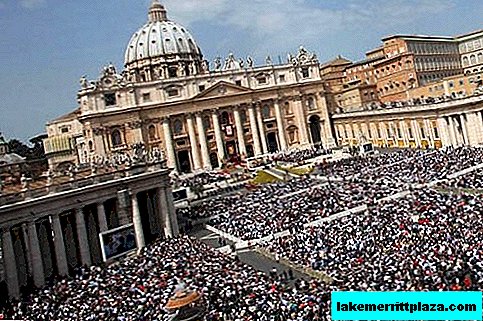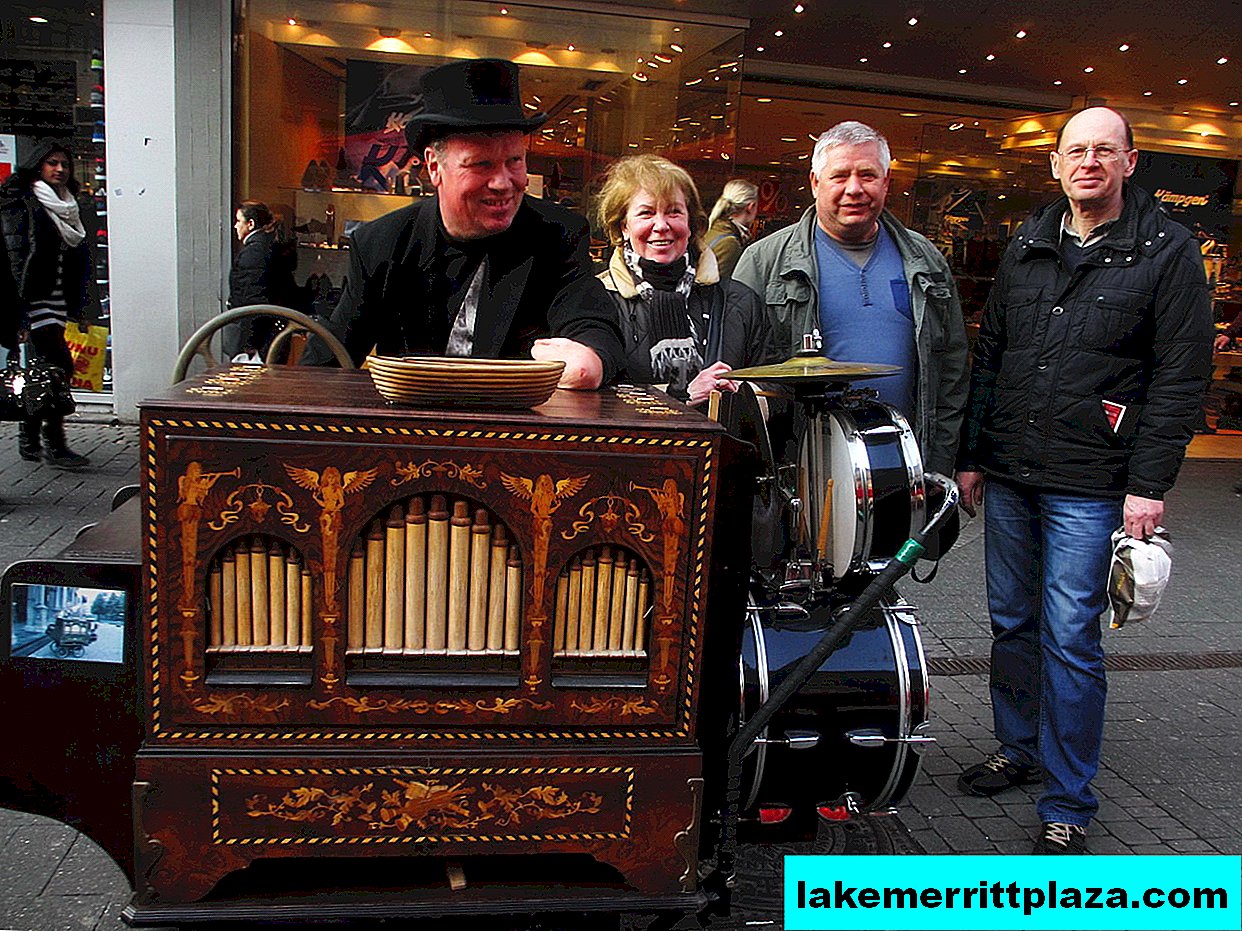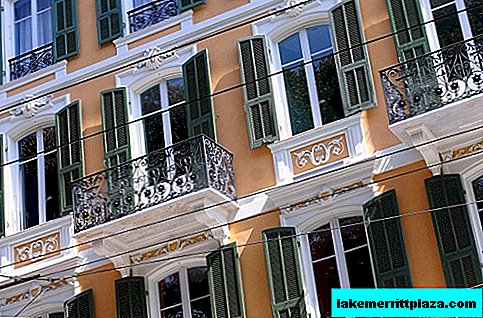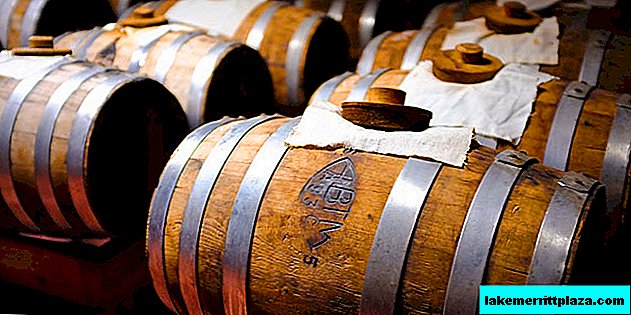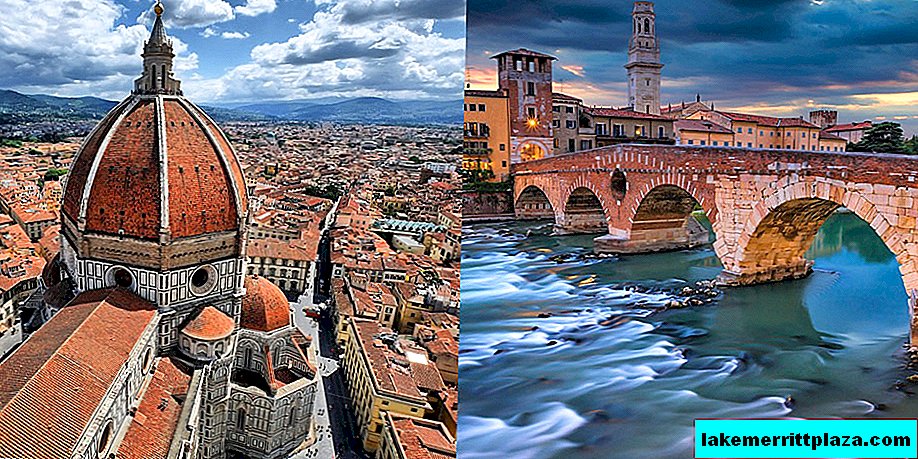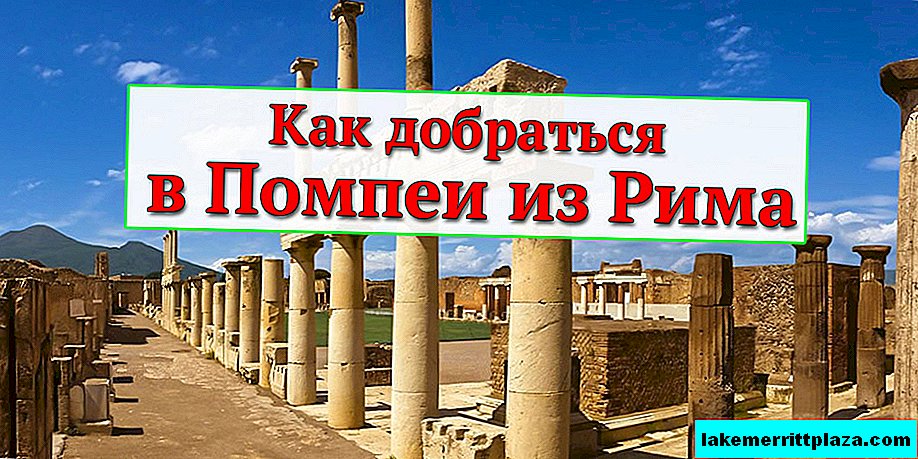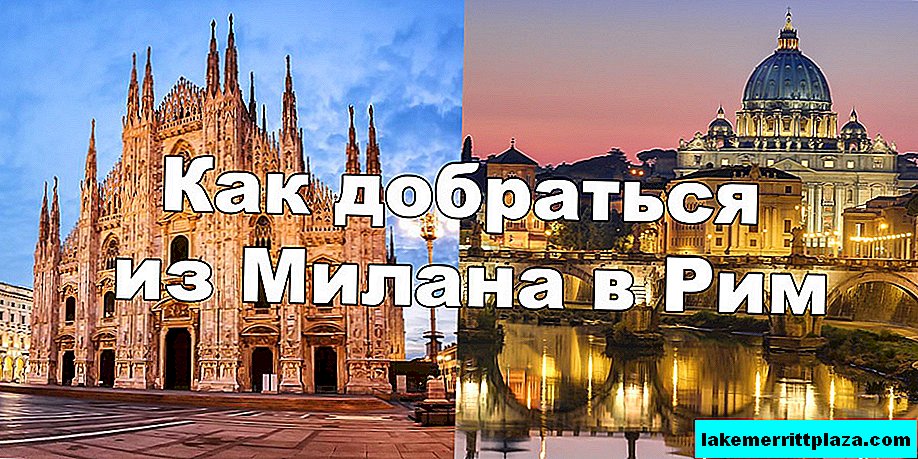Today everyone has heard of the mafia. Around 1860, this word entered the Italian language, and in 1866 it was used by the British consul in Sicily, who reported to the leadership about “... juntas chosen by the mafia (Spanish. junta - "meeting, committee, association"), which participate in the income of workers, maintain contact with criminals. "
The organization that the consul spoke of is of historical origin. The word most likely has Arabic roots:mu'afah. This term has many meanings: protection, skill, skill, safety, efficiency.
But there is a more beautiful variant of origin. During the uprising of March 30, 1282, which broke out in Sicily and went down in history under the name "Sicilian Vespers"cry was born "Morte alla Francia, Italia anela! "(" Death of France, take a breath, Italy! "). The initial letters of this slogan make up the word MAFIA.
Finding out the basics of an organization is even more difficult. According to many historians, the grain from which this criminal organization originated was sown as early as the XII century, when secret associations appeared against the Holy Roman Empire of the German nation. (Sacrum Romanorum Imperium Nationis Germaniae).
Some sources point to the Bourbon dynasty, which used the services of former robbers to patrol remote units inside the island. Those, in turn, quickly began to take bribes, closing their eyes to some points.
Many specialists also build on the foundation of the so-called gabellotti organization, which collected tribute for the state or mediated between peasants and landowners.
They quickly got rich, intimidating the former and speaking as representatives of others. Having realized what power fell into their hands, Gabelloti created a separate caste, the basis of which was a code of honor and a semi-official structure.
All these theories have one common element in common: a huge gulf that for centuries separated Sicilians from representatives of "alien" power.
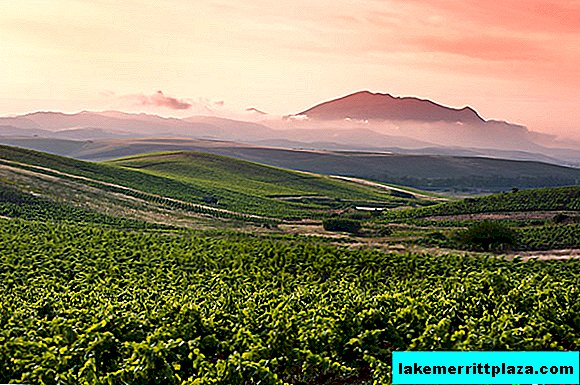
Nobody anywhere felt so helpless and humiliated as the rootless Sicilian peasant, forced to do hard work in local latifundia - large feudal landholdings owned by the eternally absent rulers who are residents of Naples or Palermo. The system of latifundia was invented in ancient Rome and lasted until the second world war. As you can see, where the usual system of power and justice could not cope, the question of the appearance of local judges - the so-called amici (friends) or uomini d'onore (people of honor) - was only a matter of time.
In the book "Travel to Sicily and Malta" (Viaggio in Sicilia e a Malta) the English traveler and writer Brydone Patrick (1743-1818) in 1773 posted this comment:
"These banditti are the most respected people on the island, with the most noble and most romantic moods who take it as a matter of honor; they show each other their respect and also all who have ever sworn allegiance; moreover, they show the most unshakable loyalty. Administrative and court officials are often required to defend them, and even to please them. It is also known that these banditti are full of determination and despair. So vengeful that they will not hesitate to kill anyone who is even suspected of provocations. "
These words can be repeated 200 years later.
Most people, however, do not know that Italy was once on the verge of defeating this organization. During the reign of Mussolini, the legendary head of the police, Cesare Morti, resorted to brutal and illegal methods in the fight against the mafia. And if not for the Second World War, perhaps he would have managed to destroy it forever. Ironically, the American intervention has leveled off forces. Preparing the landing of soldiers in Sicily, they had only one reliable source of intelligence - the mafia.
Contacts with her were made through American gangsters of Italian descent, such as Lucky Luciano.
I, in turn, would like to quote an excerpt from the book “The Great Godfather” by Vito Bruschini:
"In an atmosphere of social and political collapse, the mafia, with the support of allies, began to regain control of the island and the distribution of basic food products.
In Palermo, food was imported on the basis that four hundred and fifty thousand people live in the city. In fact, with the start of the bombing of the city, two-thirds of the inhabitants chose to leave for the countryside, where everyone had relatives or acquaintances. So, after the products were distributed by cards among the residents remaining in the city, most of the food went to the black market.
Gathering his loyal friends, Don Calo explained to them that helping agents of the US Secret Services almost certainly guaranteed freedom of action on the island after the war ended. That is why you should cooperate with your American friends in all actions, including sabotage against German and Italian troops.
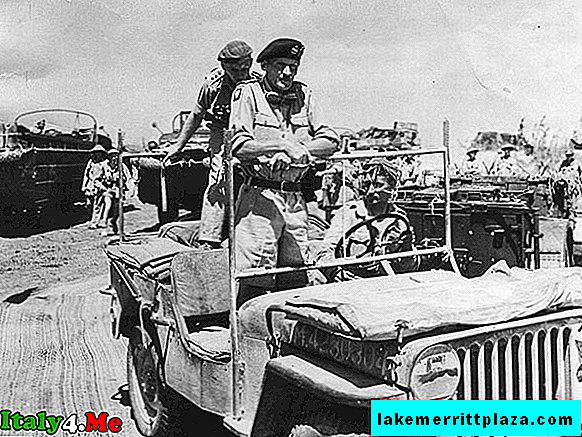
This began to happen with the beginning of spring. At the Nazi military base, where the Goering tank brigade was stationed, barrels of gas oil were replaced by barrels filled with water mixed with oil. Engines burned out on tanks filled with this mixture, and fighting vehicles got stuck in repair shops for a long time. The navy constantly suffered from sabotage: ships were forced to remain in port due to various injuries. "
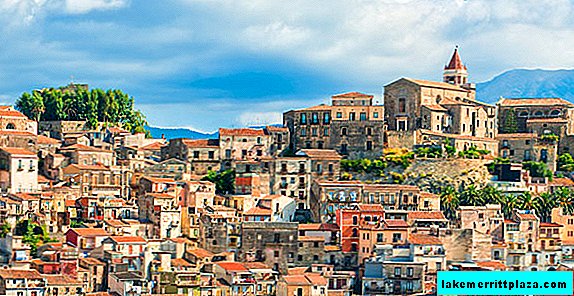
After occupying the island, the alliance strengthened the mafia, often appointing its important members to the leadership of the military government. Of the 66 Sicilian cities, 62 were entrusted to persons of criminal origin. The post-war construction boom in Italy contributed to the heyday of the mafia - it became a source of enormous fortunes for the mafia, which invested laundered money in a legitimate business or increased it through drugs that forever changed the nature of the mafia.
In recent years, the police have won several battles. The biggest success was the arrest in 2006 of the godfather Bernardo Provenzano. Convicted in absentia for more than a dozen murders, the 73-year-old mafioso was taken into asylum on a Sicilian farm.
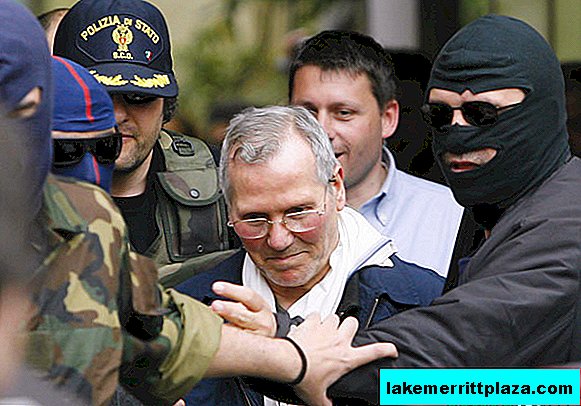
Despite some judicial successes, the defeat of the mafia is unlikely. Mainly because it is already very firmly integrated with the Italian economy. Not without reason, the Italians call the mafia la piovra - octopus.
In my personal experience and opinion, I am sure that the mafia is and will be. Once I asked my good friend Mario, who had worked for 30 years with the Sicilian carabinier, if she existed. To which a series of emotional claims was received that it does not exist, it has long been defeated, these are all inventions of journalists, writers and so on.
Well, taking my experience of studying and interest in this issue, as well as the assertion of many of my Italian friends to the contrary, I am even more convinced and respect this structure.
I hope the following quotes from my favorite books by writers Mario Puzo and Vito Bruschini clarify the concept of the mafia for you:
"Once in the south of Italy (in particular, in Sicily), those who talked too much could be killed by mafiosi and cut off their tongues. So that everyone knew what they were punishing for. A flower on a corpse hinted at love affairs. The mafia always killed for what any misconduct.
During the escalation of terrorism in Italy, one Sicilian boasted that terrorist acts were carried out on his island that claimed the lives of innocent people (for example, bombs in cafes, train stations, etc.). Not that on mainland Italy! “With us,” he said, “the mafia will immediately find the culprit and will not be good for it.”
“In the neighboring province of Chinesi, perhaps the largest and poorest in Sicily, one small village clan led a cruel, fearless gangster named Fissolini. In his village, he had absolute power and practically did not maintain ties with other clans of the island. He had no idea what kind of power Don Aprile had, he could not imagine that this power could reach his village, forgotten by God. He decided to abduct Don Aprile and get a ransom for him. Of course, he understood that he was breaking one of the unwritten laws: by abducting don Aprile, he invaded the territory of another family, but reasoned that for the sake of such rich booty he should take a chance.
Cosca, family, clan, - The base cell of the mafia and usually consists of blood relatives. Law-abiding citizens, for example, lawyers or doctors, do not tear, but rather strengthen ties with their clan because it defends their interests. Each clan is a closed organizational structure, but it can enter into an alliance with a stronger and more influential clan. The entire set of clans is usually called the mafia. But she does not have a single leader or commander.
Each clan usually specializes in a certain field in a certain territory.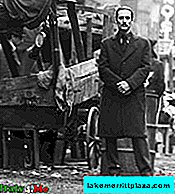 One controls the price of water and prevents the government from building dams that can lower this price. In a sense, this clan destroys the state monopoly on power. Another may control the food and essentials market. At that time, the most powerful in Sicily were considered the cosca Clericucio from Palermo, this clan crushed the entire new construction on the island, and the cosca Corleone from Corleone, who controlled many Roman politicians and ensured the transport of drugs around the world. There were also greedy clans who took money with romantic young men for the right to sing under the balconies of their loved ones.
One controls the price of water and prevents the government from building dams that can lower this price. In a sense, this clan destroys the state monopoly on power. Another may control the food and essentials market. At that time, the most powerful in Sicily were considered the cosca Clericucio from Palermo, this clan crushed the entire new construction on the island, and the cosca Corleone from Corleone, who controlled many Roman politicians and ensured the transport of drugs around the world. There were also greedy clans who took money with romantic young men for the right to sing under the balconies of their loved ones.
All clans regulated crime. They did not tolerate those who robbed respectable citizens who honestly gave their clan a share of the income.
And the robbers and rapists faced one punishment - death. And, of course, all the clans could not stand adultery. In such cases, both a man and a woman were executed. No one had any questions.
Cosca Fissolini interrupted from bread to water. This clan controlled the sale of holy icons, took fees from farmers to protect the herd, and kidnapped the rich who had lost their vigilance.
And when don Aprile and little Astorre walked slowly along the village street, two army trucks stopped nearby in a screech of brakes with Fissolini, who had no idea who he had raised his hand to, and his people ... ”
From the book "Omerta", Mario Puzo.
“Omerta is a Sicilian code of honor prohibiting anyone from reporting crimes that suspicious people might have committed.”
“At the head of the Corleone family clan was a don, he directed all the activities of the family, determined its policy.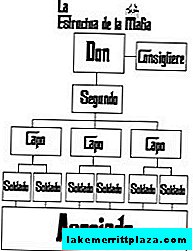 Three layers, three buffers separated the Don from those who carried out his will, directly executed his orders. Thus, not a single trace could lead to the top. Under the only condition. If not betrayed by consigliori. That Sunday, Don Corleone gave in the morning detailed instructions on what to do with the two youths who crippled the daughter of Amerigo Bonacera. But he gave these orders to Tom Heigen, face to face. In the afternoon, Hagen - also in private, without witnesses - passed these instructions to Klementse. Clemenza, in turn, ordered Paul Gatto to enforce the order. Paul Gatto had to pick the right people and do exactly what he was told to do exactly. Neither Paul Gato nor his people will know what caused this order, from whom it originally comes.
Three layers, three buffers separated the Don from those who carried out his will, directly executed his orders. Thus, not a single trace could lead to the top. Under the only condition. If not betrayed by consigliori. That Sunday, Don Corleone gave in the morning detailed instructions on what to do with the two youths who crippled the daughter of Amerigo Bonacera. But he gave these orders to Tom Heigen, face to face. In the afternoon, Hagen - also in private, without witnesses - passed these instructions to Klementse. Clemenza, in turn, ordered Paul Gatto to enforce the order. Paul Gatto had to pick the right people and do exactly what he was told to do exactly. Neither Paul Gato nor his people will know what caused this order, from whom it originally comes.
To establish that the don was involved, every link in this chain should be unreliable - this has never happened before, but where is the guarantee that this will not happen? However, in this case, the tool was provided. One link, the key, should disappear.
Besides, consigliori was really what the word means. That is, an adviser to the don, his first assistant, his second head. And also - the most faithful ally and closest friend. It was he who, during important business trips, drove the don car, he left the meeting for fresh don cigars, coffee and sandwiches. He knew all or almost all the same that the don knew, all the way to the last cell in the structure of power. Only he, the only one in the world, had the opportunity, if he wished, to crush the Don.
But the case that consigliori betrayed his don - such a case has not yet happened, at least in the memory of one of the influential Sicilian clans who settled in America. It would be an option without a future.
On the other hand, every consigliori knew that serving faithfully would bring him wealth, power and honor. But the trouble is shaking, the well-being of his wife and children will be taken care of no worse than if he himself were alive, healthy and free. But this is when serving faithfully.
“In this ancient garden, Michael’s roots were laid bare before him, giving birth to people like his father. He learned that originally the word "mafia" meant "refuge."
Then it became the name of a secret organization that arose for confrontation with the rulers, who had suppressed this country and its people for hundreds of years. History does not know the edge that would be subjected to such brutal violence. Like a tornado, the Inquisition walked around the island, not deciding who is poor and who is rich. With an iron hand, the noble landowners and princes of the Catholic Church conquered the peasants and shepherds of their power.
The instrument of this power was the police, so identified by the people with the rulers that there is no worse offense in Sicily than calling a person a police officer.
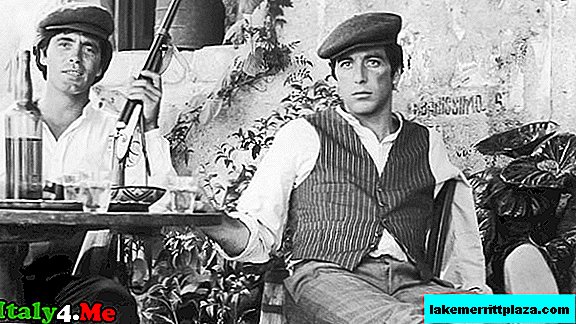
Seeking ways to survive under the merciless heel of autocracy, tormented people have learned to never show resentment and anger. Never pronounce the words of the threat, because in response to the threat, ahead of its execution, punishment will immediately follow. Do not forget that society is your enemy and, if you want to get even with him for injustice, you need to go to secret rebels, to the mafia.
This mafia, gaining strength, introduced omerta in Sicily - mutual responsibility, the law commanding to remain silent. In the countryside, a passer-by or a traveler who asks for directions to the nearest town will simply not be honored with an answer.
For a member of the mafia, the greatest crime is to tell the police, for example, who shot him. Or injured him. Omerta has become a religion for people. The woman whose husband was killed does not tell the policeman the name of the killer, the name of the one who tortured her child raped her daughter. People knew that justice could not be expected from the authorities, and they followed her to the mafia defender. "
The Godfather, Mario Puzo

